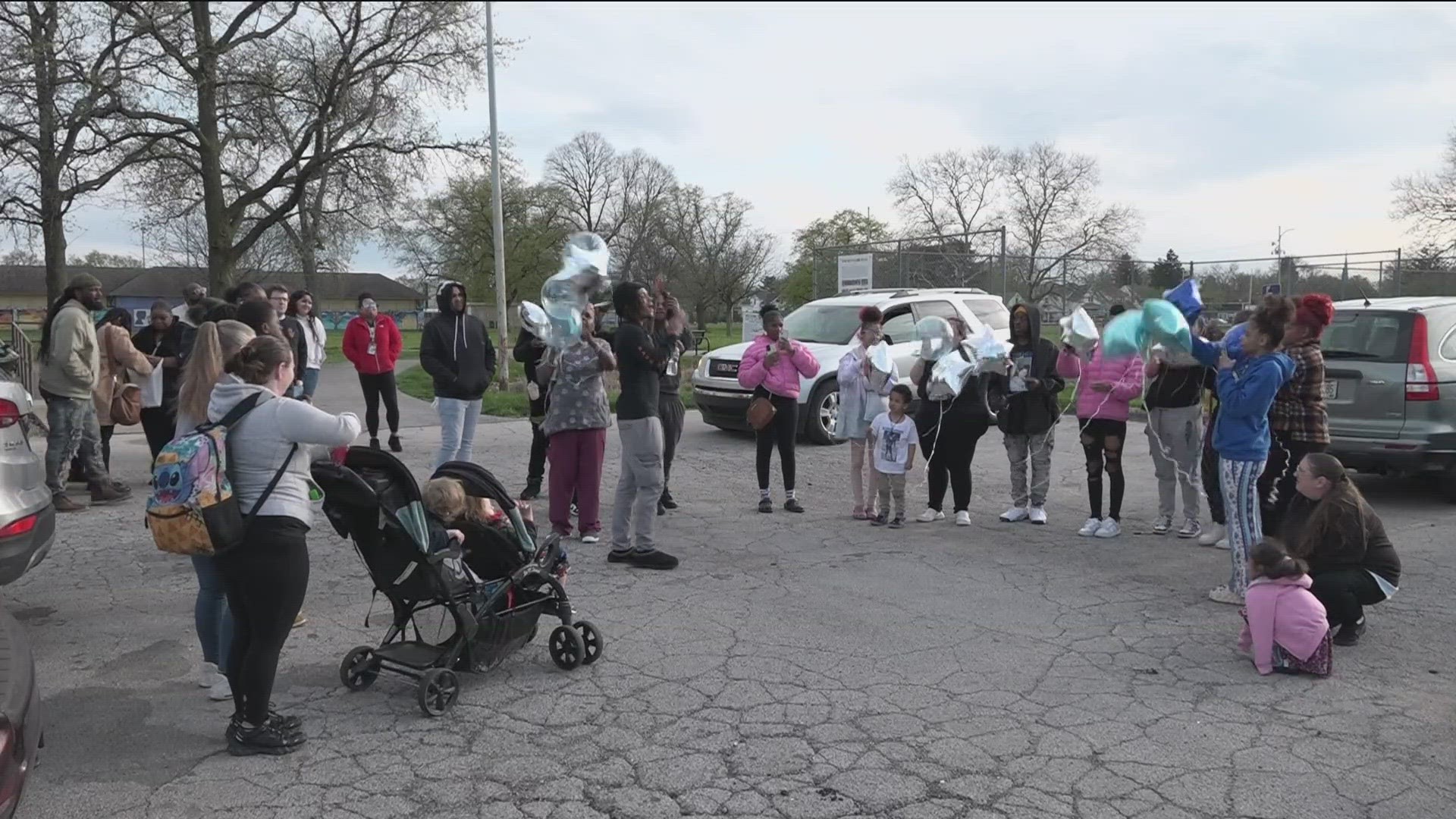How is religion affecting this year's presidential campaign?
Voters want religion to matter in this election, but so far, no candidate seems to be benefiting.
Sometimes, voters misperceive a candidate's religion. In August, CBS News asked registered voters what they thought Barack Obama's religion was. Most of them - 84 percent - said they didn't know. But the largest number of those who thought they did know - nearly half of those who guessed any religion at all - thought Obama was a Muslim.
Many voters simply don't know much about some candidates' religions. As recently as this summer, only a third of voters knew that Mitt Romney was a Mormon. Nearly everyone else said they did not know his religion.
Whether or not the voters know much about a candidate's religious beliefs, they generally don't give the current crop of candidates any credit for having them - at least not yet. Republican Mike Huckabee is an ordained Southern Baptist minister, but just two weeks ago, when CBS News asked registered voters whether he had strong religious beliefs, about three times as many said he did not as said he did. Even self-identified evangelical voters don't see Huckabee as one of their own.
Huckabee's problem with voters is that he remains unknown to most of them: half couldn't answer the strong-beliefs question either way, and when asked for an overall opinion about Huckabee, three in four voters took the opportunity to say they were undecided or didn't know enough yet to say.
Religion matters to voters: two-thirds told CBS News in June that it was important to them that candidates have strong religious beliefs, even if they were not the same as the voter's own. And in October, 50 percent said it was important to them that a candidate shares their own religious beliefs. But it's hard to share beliefs with someone if you don't think he or she has any. We asked voters if other candidates had strong religious beliefs, and the most religious candidate was a Mormon, Mitt Romney. Voters think poorly of the leading candidates. Half don't think Fred Thompson has strong religious beliefs, and 68 percent don't think Rudy Giuliani does (fewer than 20 percent said that either Thompson or Giuliani was a strong believer). As for the current top Democrat, 74 percent - three in four voters - said they don't believe Hillary Clinton has strong religious beliefs.
But the good news for Clinton is that Democrats are much less likely than Republicans to say sharing a candidate's beliefs is important to their vote. Just 42 percent of Democratic primary voters say it is, compared with 66 percent of Republican primary voters. Two-thirds of conservatives care, compare with just one-third of liberals. Protestants care more than Catholics. But 66 percent of African-Americans, who are overwhelmingly Democratic, want their candidate to share their religious beliefs.
How does religion affect voters? The faith that an individual is raised in may impact that person's political beliefs and values. But some people move away from the faith of their childhood. In fact, in a 2006 CBS News Poll, although 30 percent of our respondents said they were raised as Catholics, just 20 percent said Catholicism was "their religious preference today." Fifty-eight percent of all those interviewed in that 2006 poll said their personal faith had changed at some point in their lives.
Religion mattered in 1960: Catholics overwhelmingly supported the candidacy of John F. Kennedy. But what is different nowadays is how religion matters: In recent elections, churchgoing Catholics vote more like churchgoing Protestants than other Catholics.
The vast majority of Americans (91 percent) believe in God or a higher power, and 59 percent pray often. The same percentage (59 percent) says religion is very important in their daily lives.
And many take the religious word seriously. In 2006, only 15 percent said they read the Bible or another sacred religious text daily, but three times as many told us they agreed with the statement that "The Bible is the actual word of God and is to be taken literally, word for word." Many Americans take the Bible literally when it comes to their belief - or lack of it - in the theory of evolution. Forty-four percent agreed with the statement that "God created human beings in their present form within the last 10,000 years."
That poll, along with more recent ones, illustrates several splits between the religious and the non-religious, underscoring that today the intensity of one's religious beliefs can be more important than what those beliefs may be. Observant and non-observant voters have distinctly different views, not just on topics related to religious beliefs (such as abortion or evolution), but also on current political issues, like evaluating President Bush and the war in Iraq.
But Americans - even those who care the most about their religion - still have secular concerns. Although 60 percent of white evangelicals say they could not vote for someone who disagrees with their positions on social issues like same-sex marriage and abortion, the top two issues they want to hear the candidates talk about this year are health care and the war in Iraq, the same issues that matter most to people who are less religious.
Posted by KO

